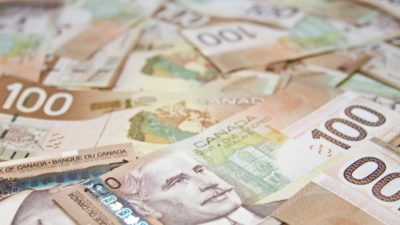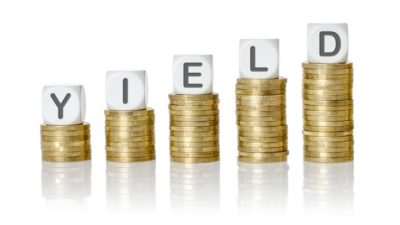At 2:00 pm EST today, the Federal Reserve is expected to do something it hasn’t done in almost a decade–raise interest rates.
The market has been expecting such a hike for months. It seemed as though the Federal Reserve was making excuses to delay an increase in its overnight lending rate to banks all summer, perhaps because certain members of the board still think the U.S. economy is too fragile to stomach higher interest rates, even something as small as a 0.25% increase.
In reality, a 0.25% hike is nothing. Say you were a consumer looking to borrow money at a reasonable premium above the Fed Funds rate, 3% annually. Would you really put off your purchase because rates went up from 3% to 3.25%? I doubt it. If you did, I’d argue it wasn’t prudent decision in the first place.
How exactly will this decision affect your portfolio? Let’s take a closer look.
REITs
One sector that will be affected by rising rates is real estate. Real estate investment trusts borrow large sums of money over the long term to buy things like office towers, shopping malls, and industrial warehouses. If rates go up, so will the cost of their interest.
One Canadian REIT that is particularly vulnerable to a rate hike is Cominar Real Estate Investment Trust (TSX:CUF.UN). Cominar is the owner of more than 45 million square feet worth of leasable area spanning 564 buildings. The vast majority of its holdings are located in Quebec, making it the province’s largest landlord.
Cominar made a huge acquisition in 2014, paying more than $1.6 billion for a portfolio of properties owned by Ivanhoé Cambridge, a division of Quebec’s pension giant Caisse de dépôt. The deal added more than 5.5 million square feet to Cominar’s portfolio.
To pay for the acquisition, Cominar was forced to issue a lot of debt. Because of that, the company’s debt-to-assets ratio currently sits at 54%; this is higher than most other Canadian REITs, which are usually between 40-50%. Cominar should really look at paying down some of its debt, but is hampered by its generous 10.1% dividend yield.
If rates go up substantially, Cominar’s dividend could be at risk. Through the first three quarters of 2015, the company paid out nearly 95% of adjusted funds from operations out as dividends. Since interest is such a large expense, that number could creep up past 100% if Cominar can’t keep its borrowing costs down.
Banks
A rate hike isn’t bad news for every sector. For Canada’s banks, it’s actually pretty darn good.
Banks make the majority of their profits borrowing money from investors and then lending that money (at higher rates) back to consumers. Banks will end up paying more for their capital, but should be able to more than make up the cost by increasing the rates they charge customers. Higher rates will also encourage savers to put cash in GICs and savings accounts, which are cheap forms of funding for banks.
My favourite Canadian bank continues to be National Bank of Canada (TSX:NA). It trades at just nine times earnings and pays out a 5.3% dividend, both very attractive metrics compared with its peers. It has very little exposure to areas of the country most affected by oil’s decline, and as a bank that generates a large percentage of its profits from Canadian mortgages, it stands to benefit quite a bit from higher rates.
Mostly a non-event
There are other sectors that will benefit from a rate hike, like Canada’s life insurers. And there are sectors that won’t, like heavily indebted pipelines or utilities. But for the most part, a 25 basis point hike in rates is nothing but noise. The market has been pricing in such an event for months now. Most interest-sensitive sectors have already been hit by these concerns.
It’s the sentiment that matters. By raising rates, the Federal Reserve is signaling a new era for the U.S. economy. It’s going to be interesting to see if the economy can shrug off a rate increase, or if it’ll suffer the same fate that Canada’s economy did after our central bank raised rates back in 2010.







